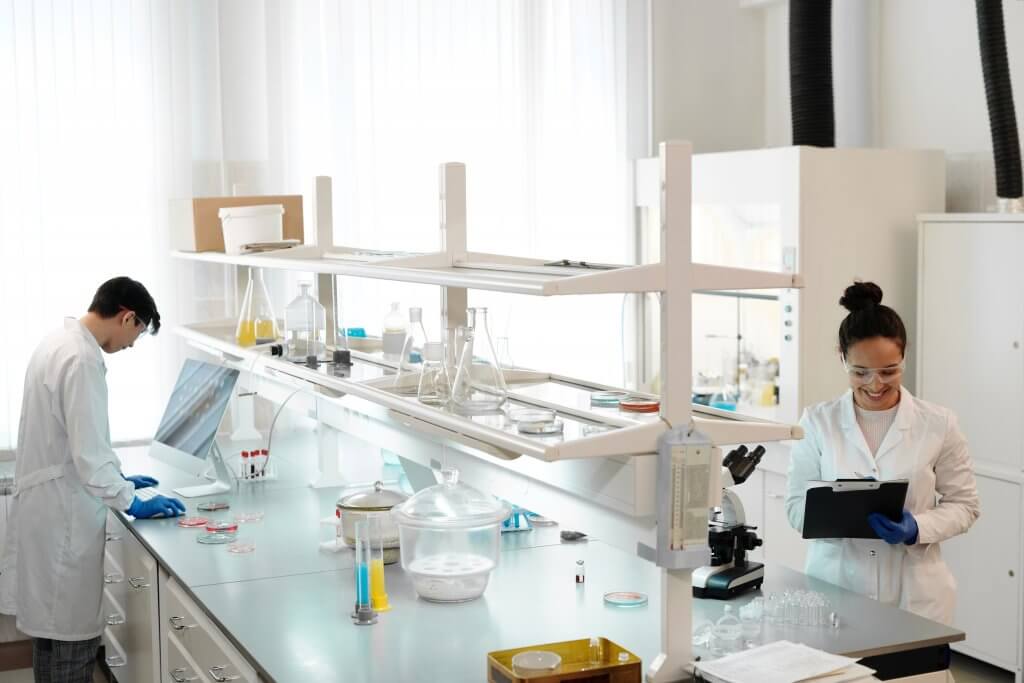AstraZeneca: Building human centred design capability

How can we take a more customer-centric approach to our work?
AstraZeneca created ‘Our future reimagined’, its global transformation programme, to help it overcome the multitude of challenges facing the pharmaceutical industry – from increased use of digital technology, to changes affecting the supply chain.
It was designed to help the organization do three things: take a more patient-centred approach to its work, use data in smart ways, and make sure all its systems are aligned.
The team wanted to use design thinking to help the organization take a more customer-centric approach to its work.

What we did
We ran a series of two-day workshops with teams responsible for each area of the programme to accelerate their understanding of design thinking and how it could support their work.
With one team we looked into how the supply chain process could be improved. We explored a regular scenario for the organisation – where a study needs to be designed for a clinical trial.
One element of this process involves making all the decisions associated with putting medication into bottles and distributing it – from the information included on labels, to how much medication each container holds, to whether the bottles are distributed in crates etc. If the wrong decisions are made, this can lead to major logistical issues.
By going out and speaking to people working in the supply chain, the team gathered invaluable human insight. They learned that people in the supply chain – who play a key role in enabling medication to get to patients – were not being considered early enough in the process.
They learned that such conversations would highlight logistical elements that need to be planned for, such as medication needing to be refrigerated during travel, or the size of containers. When such colleagues aren’t considered until the end, they can get blamed for delays and other problems, which could have been avoided if they’d been engaged in good time.
During interviews the team discovered that their supply chain colleagues really cared about patients and felt left out of decisions regarding the service provided to them. Using role play, we helped the team work out how they could work better together.
This led to a set of new requirements that went into Merlin – a system for controlling the whole clinical process. It’s now been changed to allow for everybody’s voices to be heard.
Similar stories
Designing patient-centred healthcare
How can we improve our provision to better meet patient needs? Following the COVID-19 pandemic, issues including staff shortages and inflation have made operating within the healthcare marketplace more challenging than ever. With the cost […]
Read moreNeuroelectrics: SMS Madrid
The Strategic Management Society (SMS), as part of their 34th Annual International Conference, dedicated one day to tapping into the collective knowledge and creativity of their membership of leading strategy practitioners and academics to generate fresh thinking for one of today’s most innovative companies: Neuroelectrics.
Read moreInnovative Medicine Initiative: Engaging leaders with the future of diabetes care
What will the future hold and what should our plan for it look like? We were delighted to be part of an event to explore the future of diabetes care, using design thinking. Hosted by […]
Read more